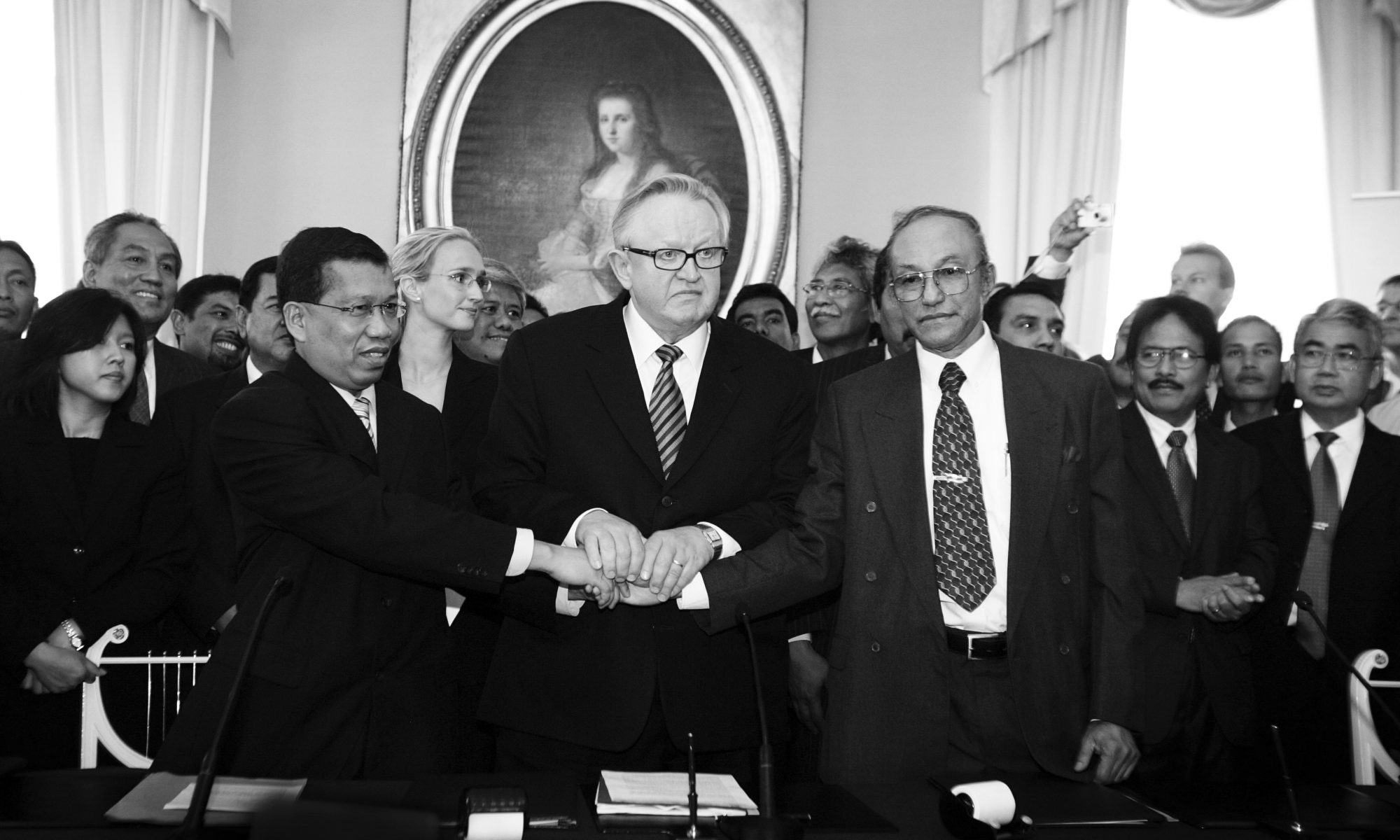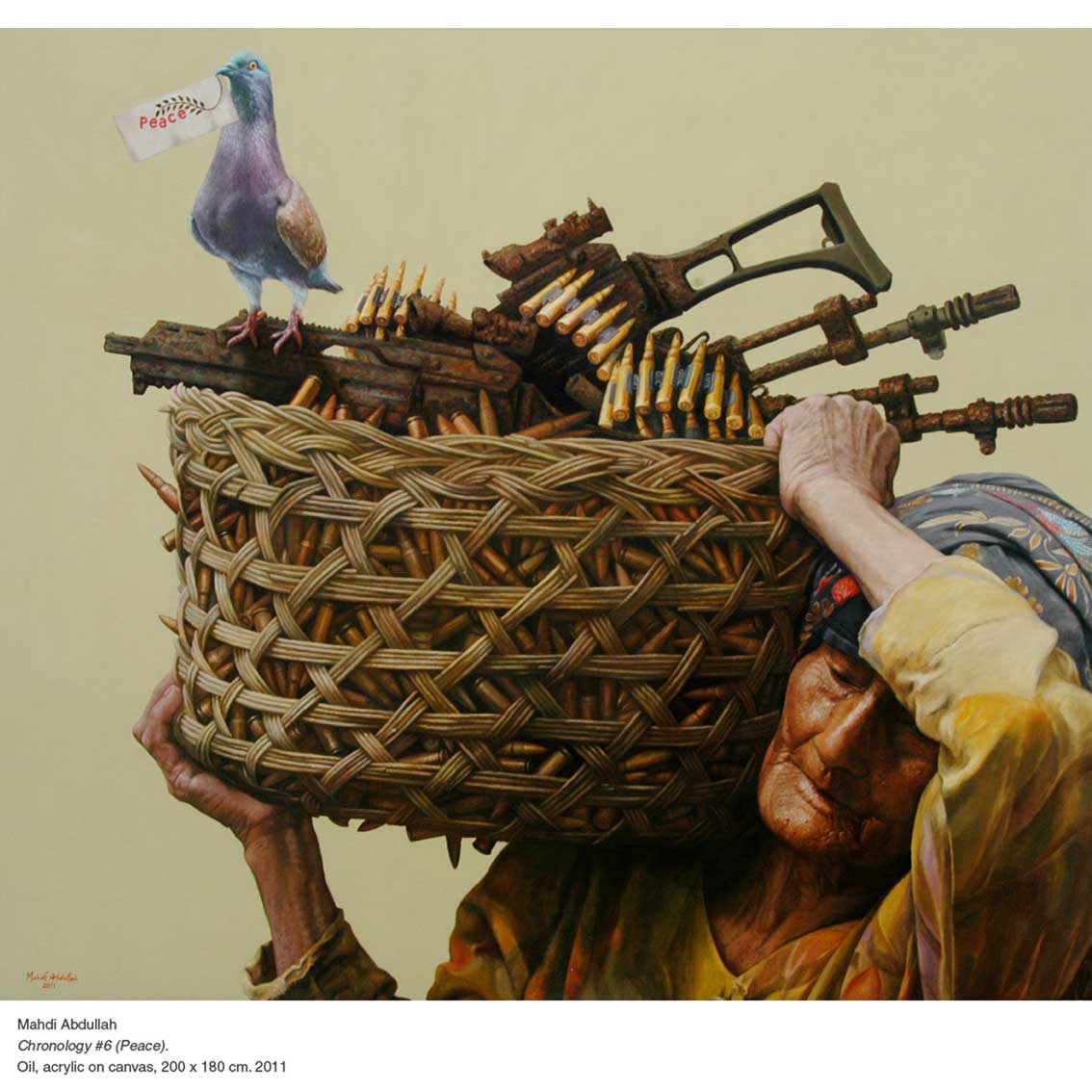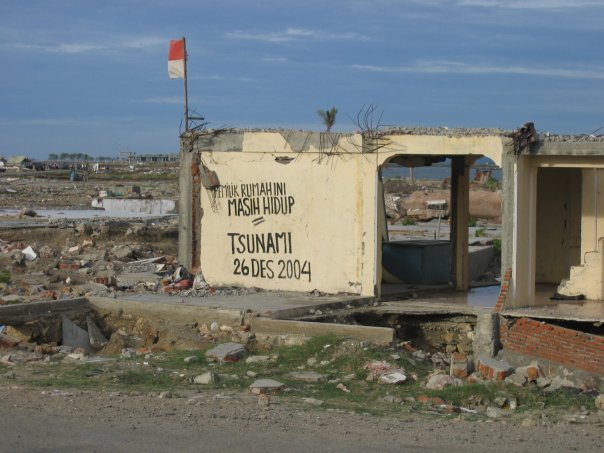
Comments to the speech of the Swedish Minister for Foreign Affairs Margot Wallström ‘Women, Peace and Security: Transforming the Global Agenda for Sustainable Peace’ at the FIIA seminar.
Video recording of the minister’s speech
Video recording of the comments and Q&A session
Minister Wallström, Excellences, distinguished colleagues and guests, feminists. I am honoured to provide comments to Minister Wallström’s speech and I want to thank the organisers for having chosen the campus of University of Helsinki for this event. Creating feminist spaces to discuss foreign policy, global security and sustainable development IS important and urgently needed, not just globally, but also in academia. Everyday forms of discrimination, belittling, or even anti-feminism challenge us. No one, I suppose, thinks that being a feminist, or walking the feminist talk is an easy task, or will become that anytime soon. This is what feminists, women’s activists and human rights defenders know all too well, throughout the world!
Foreign policy, security and diplomacy are not necessarily easy places, NOR automatically welcoming or inclusive. The question is about power, and who sets the agenda: Who speaks for whom? Not just in relation to our gender, but also to our age, social and economic status, title or position, ethnicity, or even passport. Yet, it is precisely the question of power why turning to feminism can in deed be empowering and transformative. Feminism in foreign affairs means reflective analysis of varying positions of power and what drives it is an explicitly outspoken drive towards change. What feminist scholarship can offer for practitioners of foreign policy, is critical reflection on how concepts and tools of foreign affairs become embedded in the power relations.
Concepts, such as gender equality, gender sensitivity, or feminism – are far from being simplistic, or purely technical – which to me we should not shy away from – as anti-feminists would loved us to do! For example, there is a huge difference to talk about gender equality as legal, or de juro equality than to aim towards experienced, or de facto equality.
Is feminism always something positive and good for every woman, then? History has taught us that different forms of feminisms have assumed certain types of ‘normality’ as their ideal woman. Some forms of feminism, for example, have assumed that all women are peace loving, or share the same ideas of transforming gender roles and empowering women’s lives.
Here I want to raise alertness. Research – mine included – has shown how turmoil, such as political violence, armed conflict or even natural disasters may lead to new forms movements that in the name of protecting a nation, community or religion, call for action to protect women and their respectability by reducing women’s roles solely as mothers and guardians of honour.
Feminists have also been challenged to transform their own goals and forms of action – dismantling master’s house be it geopolitical or white privilege. For example, sharing Nordic experiences of promoting gender equality sounds more humble and open for dialogue than some other earlier attempts that have explicitly aimed at ‘exporting’ Nordic gender equality models to others.
Being celebrated as World Champions of Gender Equality, has at least in Finland, resulted in a dangerous myth of achieved gender equality, and potential blindness to emerging new gendered social and economic inequalities and direct forms of racism and phobia. CEDAW committee has repeatedly raised their concern over globally high statistics of violence against women, and forms of multiple discrimination in Finland, especially directed to migrant communities – many of whom are fleeing armed conflicts and political violence. These examples illustrate that 1325 is not ‘just’ a powerful tool for foreign policy, but also intimately it is about transforming domestic politics too.
How does one define what successful peace is, then? Whereas the mainstream theories of security, conflicts and international relations focus on the stability and security of the states, feminist analysis of conflict and post-conflict contexts draws attention to longer-term, and micro-level dynamics, events and experiences in the everyday. I am going to use the example of the Aceh peace process –well-known, at least in Finland, peace process that reaches its tenth anniversary later this year. With certain measures, undoubtedly, such as the number of hostilities, demobilization of armed forces, transforming ex-combatant to politicians and businessmen, Aceh peace process can be said to be successful.
However, as Acehnese women legal experts and women’s rights activists pointed out couple weeks ago in Kathmandu at the regional consultation for the global study of the implementation of 1325: the peace process has its major challenges when gender lenses and women’s rights are positioned at the centre of the analysis:
The peace process and the international humanitarian aid in the aftermath of the Indian Ocean tsunami has fuelled severe new forms of political struggle that use the rhetoric of respectability, Acehnese identity and actively uses the special autonomy status granted for Aceh to target ‘dissident women’. Gendered violence continues to be normalised, and it has also been directed to religious, ethnic, gender and sexual minorities but also increasingly to women human rights defenders and gender study lecturers. Labelling activists as agents of the West has further created divides between women’s groups.
Yet, far from being passive victims or being driven by any outside forces, Acehnese women’s organisations and Islamic feminist scholars have fought for decades for their right to be included in the legal debates, setting political agenda AND providing holistic perspectives to tackle multiple forms of insecurity: physical, political, economical and also related to their environmental security vis-à-vis natural hazards and climate change
Minister, distinguished guests, the 15th anniversary of the 1325 turns the analytical eye on the globe, its conflicts, and peacebuilding efforts. 1325 and the consequent 6 other resolutions offer a comprehensive map -a way forward. But as the Security Council has acknowledged, women will remain in the margins of the peace processes and efforts to sustain peace – if no firm action and significant inputs are taken. This means tackling root causes of the conflicts that often relate to global political economy, persisting inequalities and oppressive systems, domestically and internationally.
To succeed, feminist foreign policy requires investing in research and teaching. Yet situation for feminist scholars at academic campuses is not an easy one. When it comes to decisions regarding recruitment, teaching syllabus, or research funding, sustaining institutionalised commitment to feminist goals remains a huge challenge. As the Finnish minister for Foreign Affairs Erkki Tuomioja noted in gender & peacebuilding seminar last year: “integration of gender in international affairs is difficult, but necessary”. I could not agree more. Feminist scholars are, however, ready for action. Thank you.




